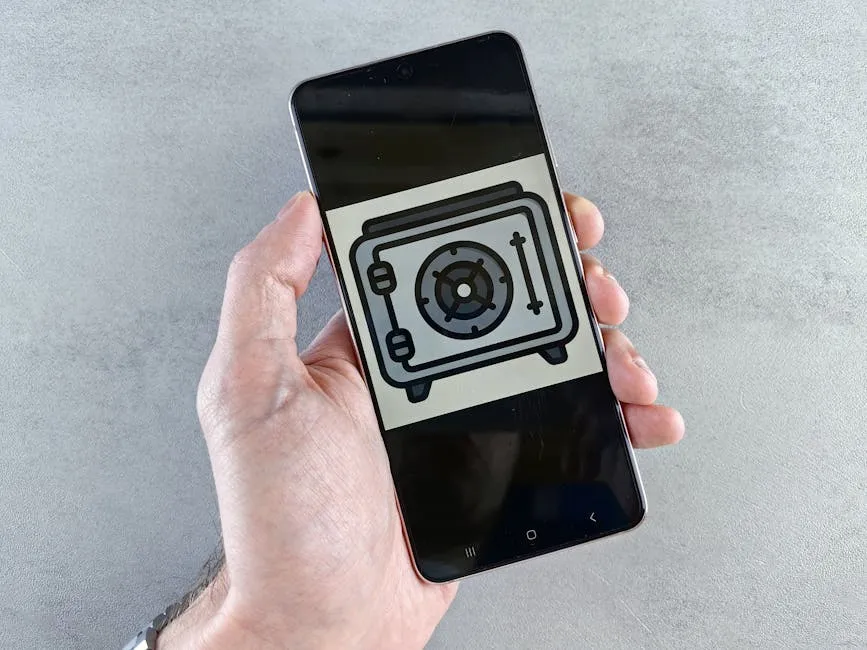
The Lessons of Mt. Gox: A Look Back at Security Flaws
In the world of cryptocurrency, few names elicit as much discussion as Mt. Gox. Once the largest Bitcoin exchange, its dramatic collapse in 2014 led to significant financial losses and left thousands of investors in turmoil. As we reflect on this pivotal moment in crypto history, an intriguing question arises: Could artificial intelligence (AI) have played a role in preventing the downfall of Mt. Gox if it had been available at the time?
The Collapse of Mt. Gox
Mt. Gox was handling roughly 70% of all Bitcoin transactions worldwide at its peak. However, a series of security breaches and mismanagement ultimately led to the loss of 850,000 Bitcoins, valued at hundreds of millions of dollars. The exchange’s former CEO has expressed regret over the situation, citing the lack of effective security measures and oversight. This brings us to the potential benefits of AI in enhancing security protocols and risk management.
How AI Could Have Made a Difference
Artificial intelligence has made significant strides in recent years, particularly in the fields of cybersecurity and data analysis. Here’s how AI could have potentially identified and mitigated the security flaws that plagued Mt. Gox:
- Real-Time Monitoring: AI algorithms can analyze vast amounts of data instantaneously, allowing for real-time monitoring of transactions and user behavior. If implemented, such systems could have flagged suspicious activities much earlier.
- Anomaly Detection: AI excels at identifying anomalies within datasets. By learning from historical transaction patterns, AI could have detected unusual withdrawal requests or transactions that deviated from normal behavior, triggering alerts for further investigation.
- Predictive Analysis: Utilizing machine learning, AI could have forecasted potential security threats based on previous incidents across the exchange and the crypto market. This proactive approach could have helped in fortifying defenses against emerging vulnerabilities.
- Automated Security Protocols: AI can automate security protocols, ensuring that they are enforced consistently. This means less reliance on manual oversight, which was a significant issue at Mt. Gox.
Reflections from the Former CEO
The former CEO of Mt. Gox has engaged in a post-mortem analysis of the exchange’s collapse. His insights raise thought-provoking questions about the evolving landscape of cryptocurrency and the role of technology in safeguarding digital assets. While it’s easy to speculate on the “what ifs,” the key takeaway here is the importance of evolving security measures as technology advances.
Looking Ahead: The Future of AI in Cryptocurrency
The lessons learned from Mt. Gox are still relevant today. As the cryptocurrency market continues to expand, the integration of AI technology into security frameworks could become a game-changer. By embracing AI, exchanges and financial institutions can better protect themselves and their users from the risks that come with digital transactions.
In conclusion, while we cannot change the past, we can certainly learn from it. The rise of AI in the financial sector presents an opportunity to strengthen security protocols against the vulnerabilities that led to the collapse of Mt. Gox. As we move forward in the world of cryptocurrency, the hope is that such technology will prevent history from repeating itself.


